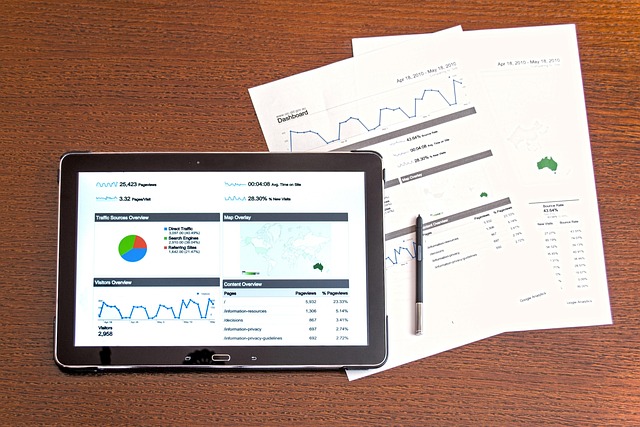The Citizen Data Scientist Revolution: Data Power for Everyone

The world of data analysis is expanding beyond the domain of specialized data scientists. A new wave of professionals, dubbed 'citizen data scientists', is rising. These individuals typically possess deep business knowledge but may have limited formal data science training. Empowered by intuitive, user-friendly tools, they can now explore, analyze, and interpret data, uncovering valuable insights that drive tangible business outcomes.
Who is a Citizen Data Scientist?
Think of a citizen data scientist as a 'power user' of data analytics within their specific business function. They leverage accessible tools and platforms to perform analytical tasks—like building simple models or visualizing trends—that once required dedicated data science expertise. Their key strength lies in combining their domain expertise with data-driven insights to solve specific business problems effectively.
Why Embrace Data Democratization?
- **Accelerated Decision-Making:** Insights are generated faster by those closest to the business problems.
- **Enhanced Data Literacy:** More employees become comfortable and skilled in using data effectively.
- **Optimized Resource Allocation:** Frees up specialist data scientists for highly complex challenges.
- **Increased Innovation:** Broader data exploration across teams sparks new ideas and solutions.
- **Improved Agility:** Businesses can react more quickly to market changes and opportunities.
The Tools Enabling the Movement
A growing ecosystem of platforms makes sophisticated data analysis accessible to a wider audience. Key tool categories include self-service Business Intelligence (BI) platforms (like Tableau, Power BI, Qlik Sense), automated machine learning (AutoML) tools, and user-friendly data preparation software. These often feature intuitive drag-and-drop interfaces and guided workflows, minimizing the need for extensive coding.
Citizen Data Science in Action: Real-World Examples

Imagine: A **Marketing Manager**, instead of waiting weeks, uses a self-service BI tool to instantly visualize customer churn data. They identify a key segment at risk based on purchase frequency and launch a targeted retention offer *the same day*, ultimately reducing churn in that segment by 15%. Or, a **Sales Operations Analyst** uses an AutoML tool integrated with their CRM to predict lead conversion probability. This allows the sales team to focus efforts on high-potential leads, increasing their conversion rate by 10%. Similarly, an **HR Business Partner** analyzes employee survey results alongside performance data using a data visualization tool, uncovering a link between manager feedback frequency and team engagement, leading to targeted management training programs.
Navigating the Challenges: Governance is Key
While empowering, widespread data access isn't without risks. Organizations must proactively address potential challenges. Establishing robust data governance frameworks, clear security protocols, and ensuring data accuracy are paramount. Comprehensive training programs are essential to equip citizen data scientists to use data responsibly, ethically, and effectively, preventing misinterpretations, biased analyses, or the creation of inconsistent data silos.
Learn More

Explore the resources below for deeper insights into citizen data science and related tools:
- Gartner IT Glossary: Citizen Data Scientist - [https://www.gartner.com/en/information-technology/glossary/citizen-data-scientist](https://www.gartner.com/en/information-technology/glossary/citizen-data-scientist)
- Microsoft Power BI Documentation - [https://docs.microsoft.com/en-us/power-bi/](https://docs.microsoft.com/en-us/power-bi/)
- Tableau Learning Resources - [https://www.tableau.com/learn](https://www.tableau.com/learn)